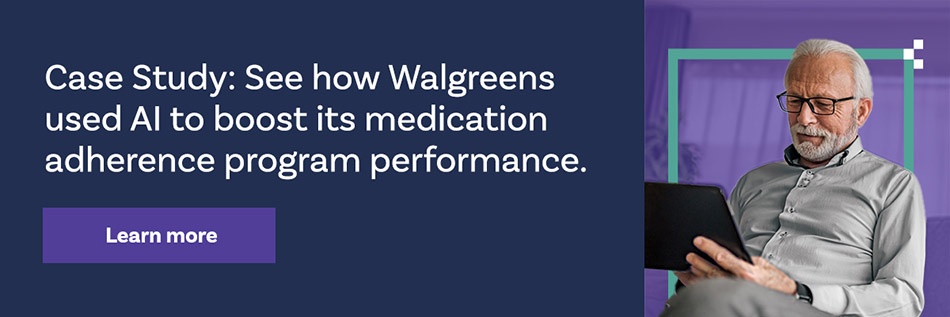The U.S. healthcare system is highly fragmented. Poor care coordination and disparities between best practices and the care received can lead to dangerous clinical errors, poor patient outcomes, and increased unnecessary healthcare spending.
As such, healthcare organizations are increasingly searching for ways to identify and bridge gaps in care to improve care coordination, quality performance, and individual health outcomes. Care management is especially important in treating patients with chronic and often costly conditions, as the consequences are often more substantial.
Additionally, the COVID-19 pandemic created numerous gaps in care which have not been fully closed since. According to the Centers for Disease Control and Prevention (CDC), approximately 41 percent of U.S. adults have either delayed or avoided medical care during the pandemic, putting off provider visits and screenings, medication refills, and more.
What Are Gaps in Care?
What exactly are gaps in care? Although they can manifest in many ways, one of the most common examples is skipped health screenings.
Recommended health screenings for adults that meet certain qualifications—such as age, gender, or diagnosis of a chronic condition—are essential to minimize health risks. Screenings help providers catch warning signs early on, making health issues easier and more cost-effective to treat. Pap smears, prostate cancer screenings, mammograms, and blood pressure screenings are examples of age- and gender-related recommendations that can pose significant risks when skipped.
What Are Gaps in Medication?
Some gaps in care are medication related. This is known as gaps in medication. It is probably the most common issue outside the walls of a clinic.
Poor Medication Adherence
Poor adherence to prescribed medications can lead to negative health outcomes, unwelcome side effects, worsening health conditions, and even early death. Plus, medication non-adherence negatively impacts the health system as a whole by increasing the costs of care due to having to manage adverse effects from not taking medications properly.
Insufficient Medication Management
Medication management is the ongoing process to identify and address common drug-related concerns. When medication management is suboptimal, patients can experience drug-disease contraindications, drug-drug interactions, and improper duration of treatment. Poor medication management can also lead to missed patient-specific precautions, creating safety concerns for certain individuals.
Missed Vaccinations and Boosters
There are age- and gender-related vaccinations recommendations that can pose significant health risks when skipped. Flu shots and shingles vaccines are examples of immunizations that, when missed, can pose increased health risks. Additionally, failure to get recommended vaccinations can put others at risk through the spread of disease.
Using AI to Bridge Gaps in Medication
Bridging gaps in care and medication is possible with the right technology, data, and strategic approach. Healthcare organizations are now leveraging artificial intelligence (AI) to identify and bridge these gaps. AI-powered patient engagement programs make a positive impact on medication adherence, therapy initiation, and other gaps in medication.
How? Using AI, machine learning, and predictive analytics, it is possible to predict each patients’ risk of non-adherence or similar gaps in medication. Once the AI identifies high-risk individuals with the greatest likelihood of being influenced by an outreach, it predicts the best channel, message, time, and frequency for each of them. Using these data-driven insights, healthcare organizations can tailor their patient communications and programs to address gaps in medication from starting to staying on therapy.
This highly personalized approach allows healthcare organizations to provide patient education that closes gaps in care and improves gaps in medications—and your organization could be next.

